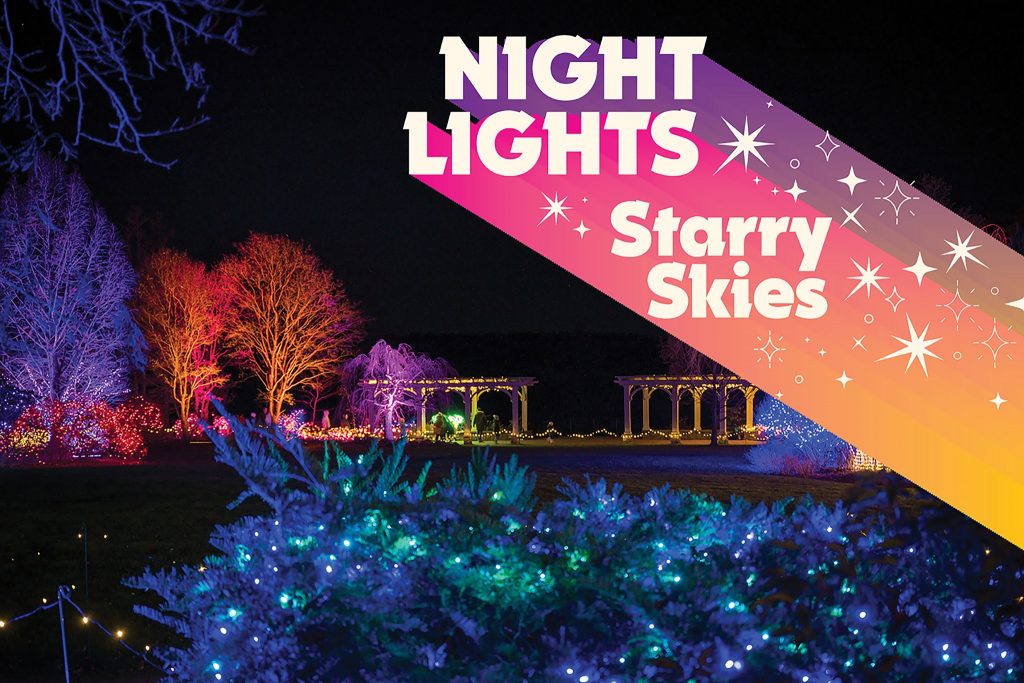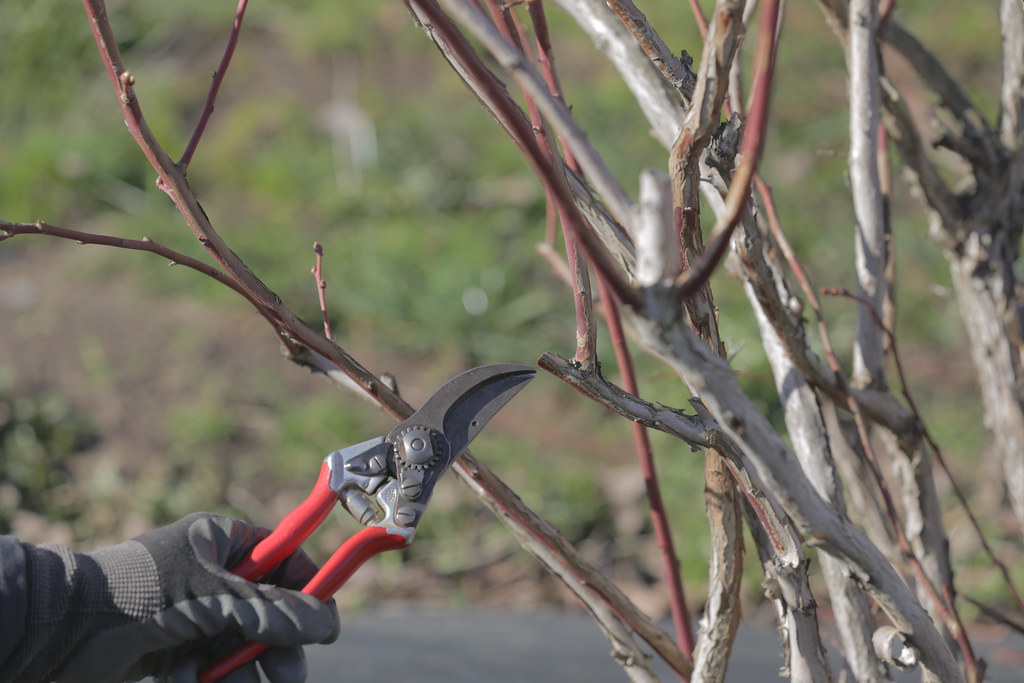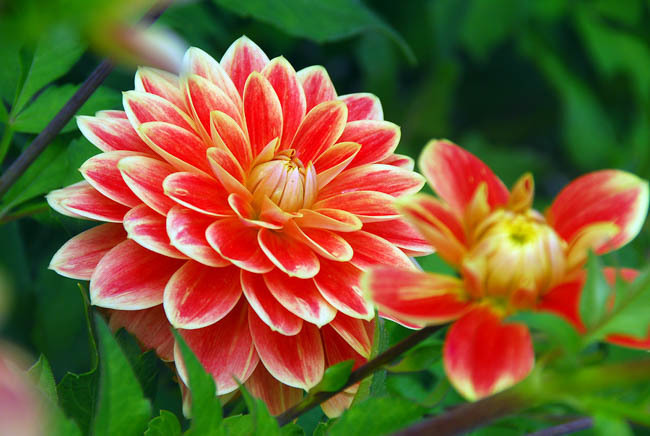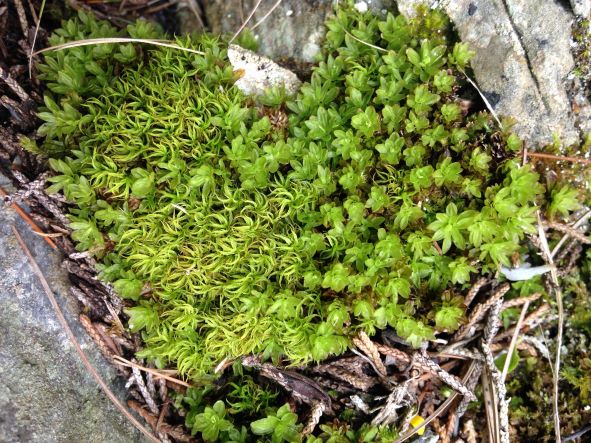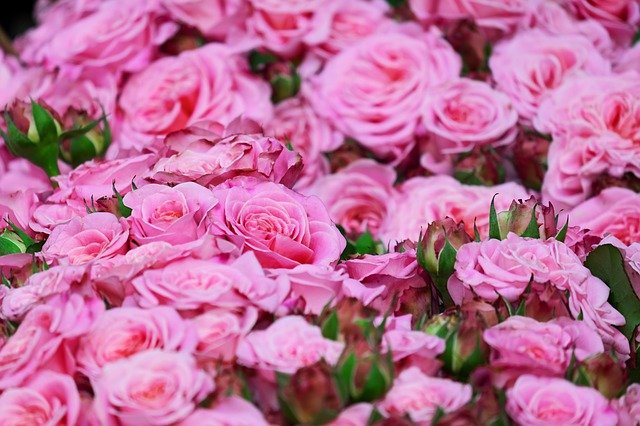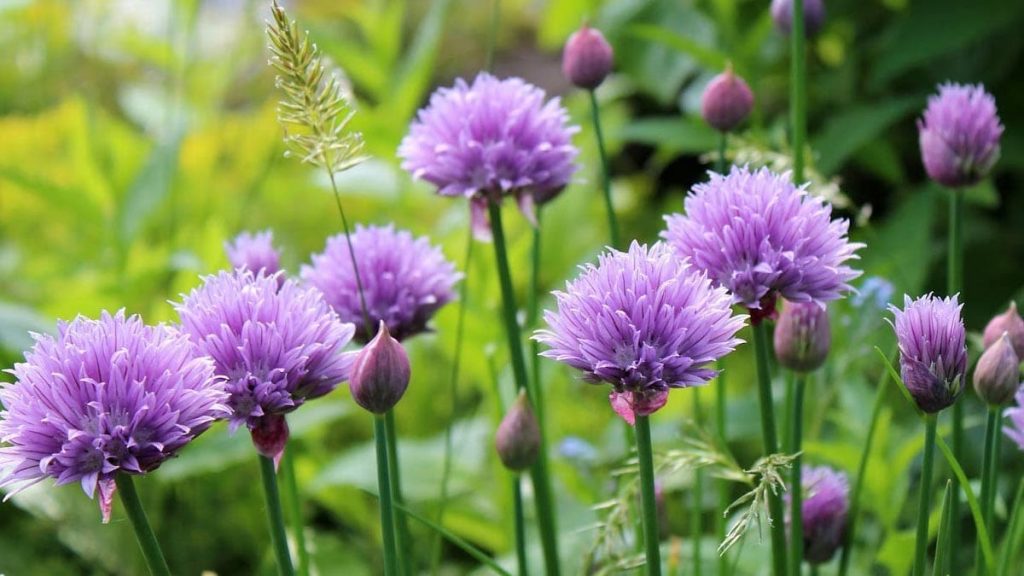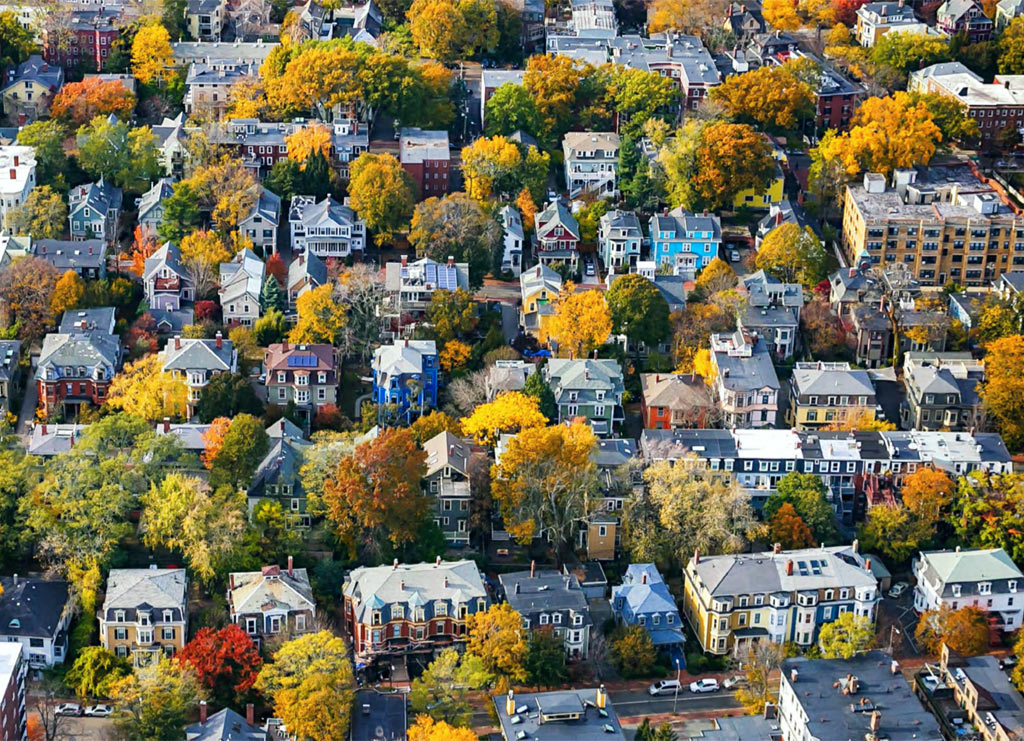Tower Hill Botanic Garden’s annual Urban Tree Symposium is dedicated to exploring the importance of urban forests and ways we can improve our green spaces. Each symposium brings together experts in the fields of forestry, horticulture, biology, technology and more. You can expect to hear current and important information that will impact your work in our communities and your own home. The Urban Tree Symposium is geared towards professionals but all with a curious mind around plants and green spaces is encouraged to attend. The 2023 Urban Tree Symposium on February 3 from 9 – 3 will be entirely virtual. You will receive a link with your confirmation email following registration. Cosponsored with the Ecological Landscape Alliance in partnership with Speak for the Trees. For a full breakdown of this years Urban Tree Symposium check out the information below.
The 2022 Review of Massachusetts State Forest Health will be presented by Felicia Hubacz, Forest Health Specialist with the Massachusetts Department of Conservation and Recreation.
Description: Every year there are growing concerns and moments of positive progress in our local forests. Monitoring the changes in our ecosystems can better help us plan for the present and future. Join DCR Forest Health Specialist Felicia Hubacz as she discusses the Massachusetts major forest health issues in 2022. Learn to identify current and future threats to our forest and how the DCR Forest Health Program is currently monitoring and managing for them.
Felicia Hubacz is a graduate of UMass Amherst and has worked as a forester with the Massachusetts Department of Conservation and Recreation since 2010. During that time, she has worked on many forest health related issues including the Asian longhorned Beetle, Emerald Ash Borer, Gypsy Moth, White Pine Needle Disease, and many others.
Nina Bassuk, Professor Emeritus, Urban Horticulture Institute, School of Integrative Plant Science, Cornell University, will speak on Beyond the Native/Exotic Debate.
Description: Should you always plant native trees? This presentation will sort out some of the issues dealing with the ‘natives only’ debate and strive to shed more light than heat regarding this hot-button topic. We will get our definitions straight and strive for a scientific basis that support biodiversity and a healthy ecosystem.
Nina Bassuk has been a professor and program leader of the Urban Horticulture Institute at Cornell University for the past 40 years. She is on the Board of Directors of the New York State Urban Forestry Council and is co- author of Trees in the Urban Landscape, a text for landscape architects and horticultural practitioners on establishing trees in disturbed and urban landscapes. In addition, Dr. Bassuk has authored over 100 papers on the physiological problems of plants growing in urban environments, including improved plant selections for difficult sites, soil modification including the development of ‘CU-Structural Soil’ and improved transplanting technology. She works closely with municipalities to help implement best practices in urban forestry management.
Laurence Wiseman, Senior Advisor, Urban Forestry, American Forests, presents More then Beauty: Capturing the Full Value of Urban Trees.
Description: Larry Wiseman will describe how municipalities have attempted to account for the ecosystem benefits that trees provide to their communities. He will discuss different approaches for applying these values to the web of rules and regulations that affect urban trees and forests — from access and equity to zoning and development.
During his four-decade career in forest policy and programs, Larry Wiseman founded and sustained several nonprofit organizations including American Forest Foundation where he served as founding president and CEO until 2009. By then, the Foundation had grown to 32 staff, a budget of $11 million with an endowment of $150 million. Afterward, he served as the Administration-appointed chair of the Congressionally chartered National Urban and Community Forestry Advisory Council. During his tenure at American Forest Foundation, he oversaw creation of the first US forestry certification system for family forest owners and the Institutes for Journalism and Natural Resources.
His first foray into urban forestry came when he was asked by the White House in the early ‘80s to help develop and lobby Congress for President George H. W. Bush’s signature America the Beautiful initiative. His work was recognized in a Rose Garden ceremony. Throughout his career he has provided strategic counsel to many organizations, including the Sustainable Urban Forest Coalition – the national umbrella organization for urban forestry in the US. Larry was recognized by the National Arbor Day Foundation with its national Legacy Award for career achievement in forest conservation.
While serving as senior adviser for urban forestry programs at American Forests, he helped draft Atlanta’s and Boston’s urban forest ordinances, co-created the Vibrant Cities Lab, and led the team charged with creating Arlington, Virginia’s urban forest and natural resources plan. This novel component of the county’s comprehensive plan is rooted in equity as well as biophilic and smart growth principles. Wiseman began his career as a film and television producer for a public television national production center. His programs aired locally and nationally on PBS. He earned an AB [Highest Distinction] from Dartmouth College, and an MPA from Princeton University School of Public and International Affairs.
Next, you will hear Tonay Gooday-Ervin, Inventory Arborist, Davey Resource Group, on Finding Kinship with Trees and Arborists.
Description: Comparing and contrasting indigenous perspectives on living in relation to the world and how we live in tandem with trees in New England, this is a personal journey of learning about plants twice, as an indigenous person living in community with all living things and in a professional arboriculture setting. What can we learn from other ways of living in regard to tree work? How can we draw parallels and foster community better with the people and trees around us all? Laugh and learn through a story of finding teachers in unexpected places and saying yes more often.
Tonay Gooday-Ervin (they/them) is a member of the White Mountain Apache Tribe in Arizona, a third generation Cuban-American, an indigenous dancer/artist and an MAA certified arborist. Tonay is a social and environmental justice advocate living in Providence and doing tree work/public education about trees and indigenous knowledge across southern New England. They work at Davey Resource Group out of Worcester as an inventory arborist, as a committee member for the PVD Tree Plan, and for the Providence Neighborhood Planting Program. They are seeking a synthesis where one day indigenous knowledge and traditions are honored and considered in tree work at large.
Finally, hear about Long-term Urban Tree Canopy Change: Complex Drivers in Post-Industrial Cities from Lara Roman, PhD. Research Ecologist, Forest Service.
Description: Municipal leaders throughout the United States are pursuing ambitious goals to increase urban tree canopy (UTC), often tying these goals to planting campaigns, but UTC change is driven by forces besides planting. This presentation will address long-term UTC change in Philadelphia, as well as Holyoke and Chelsea, Massachusetts, which are all post-industrial cities, and our findings point to the need to consider how urban development and socioeconomic trends shape UTC goals. The complex mix of UTC change forces include population declines and associated forest emergence on vacant land, past planting campaigns, and development/redevelopment pressure.
Over the past several decades, tree canopies in post-industrial cities have changed significantly due to shrinking populations, the existence of “weedy” trees on vacant land, and the emergence of tree planting campaigns. This talk will explore these changes over time in large cities such as Philadelphia, as well as small towns in Massachusetts.
Dr. Lara Roman is a Research Ecologist with the USDA Forest Service. Her research centers on the temporal dynamics of urban forests, including tree mortality and growth, canopy cover change, historical legacies, species composition change, citizen science monitoring, and the factors constraining or enabling tree planting in diverse urban neighborhoods. These studies involve close collaborations with urban forestry professionals at municipalities and nonprofit organizations throughout the US, and her contributions to urban forestry practice were recognized with an Early-Career Scientist Award from the International Society of Arboriculture (ISA). She has led or coauthored over 50 publications, including a recent urban tree monitoring field guide that set the standard for longitudinal data collection of city trees. She received a PhD at the University of California, Berkeley, and a Bachelor’s in biology and Masters of Environmental Studies from the University of Pennsylvania. When she is not measuring trees, she is baking or hiking with her husband and two young daughters.
Sponsor members $80, nonmembers $95, students $40. Register at https://nebg.org/urban_tree_symposium/
